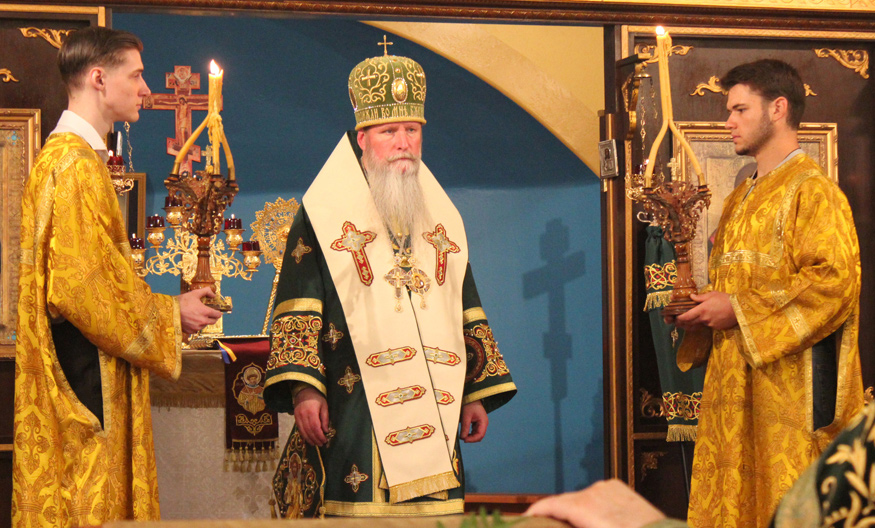 A brave and faithful Orthodox archbishop speaks out against California’s scandalous ban on singing in houses of worship. He provides the entire Church and all the other bishops with a great example of how a faithful shepherd protects his sheep and fights back against tyranny. AXIOS!
A brave and faithful Orthodox archbishop speaks out against California’s scandalous ban on singing in houses of worship. He provides the entire Church and all the other bishops with a great example of how a faithful shepherd protects his sheep and fights back against tyranny. AXIOS!
“For it is a commandment of the Lord not to be silent at a time when the Faith is in jeopardy. Speak, Scripture says, and hold not thy peace.” ~ St. Theodore the Studite
Open Letter to The Honourable Gavin Newsom, Governor of California from His Eminence Kyrill Archbishop of San Francisco and Western America in light of the decree issued by the Governor of California that forbids choral singing in churches. (July 8, 2020)
+KYRILL, Archbishop of San Francisco and Western America (ROCOR)
Your Excellency,
I hereby express my protest against the recent prohibition of liturgical singing in houses of worship, which is an infringement of the rights and religious freedoms of the clergy and faithful of the Western American Diocese of the Russian Diaspora, the other Local Orthodox Churches, performing their ministry in this state, as well as other religious bodies. [Read more…]

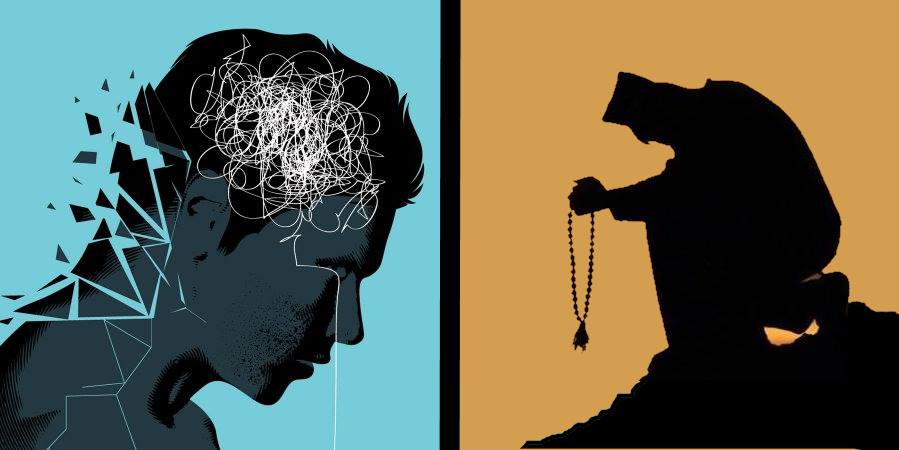 by Fr. Johannes Jacobse –
by Fr. Johannes Jacobse –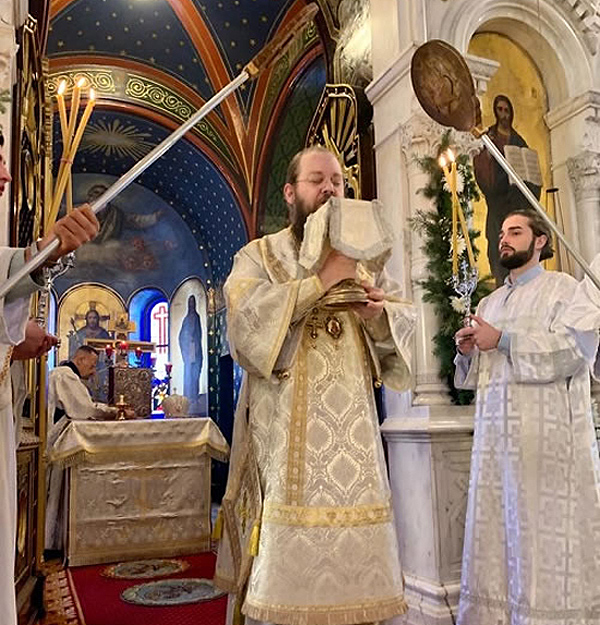 by Bishop Irenei of London –
by Bishop Irenei of London –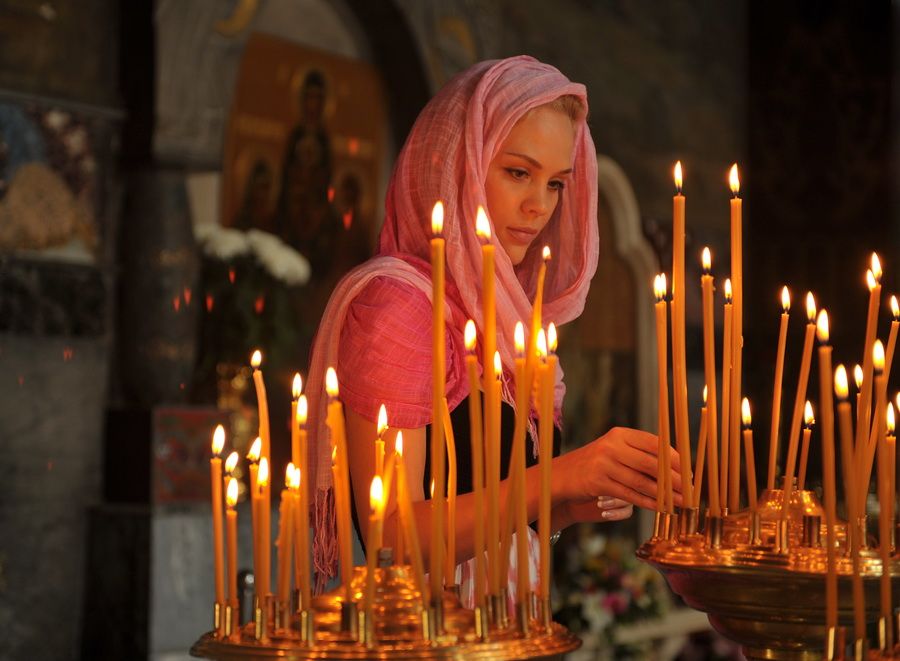 by Peter Howard –
by Peter Howard –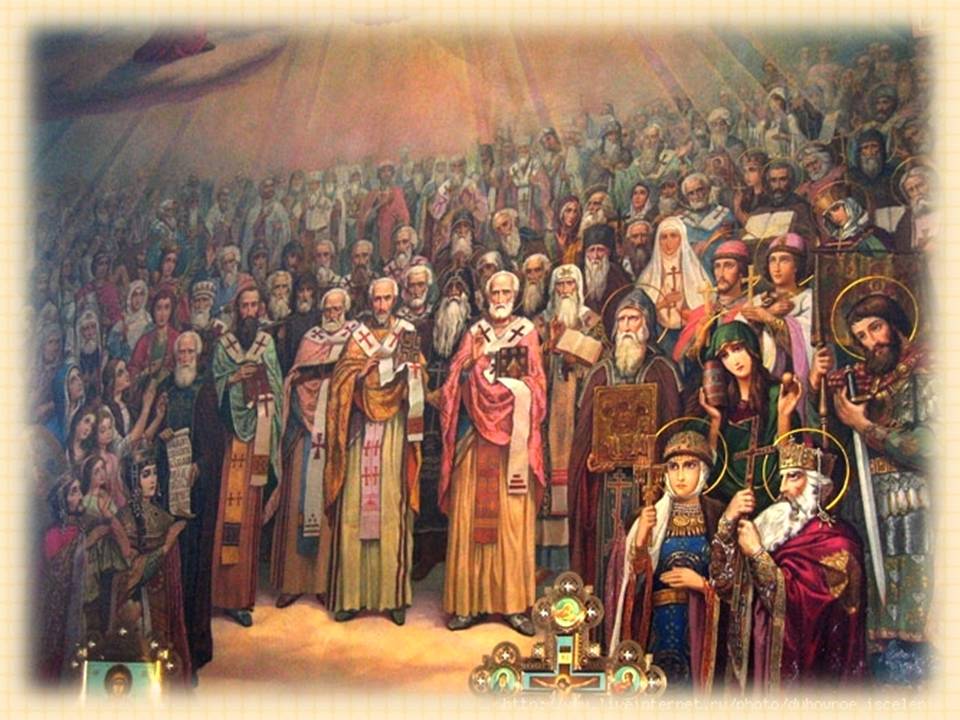 by Fr. Ioannes Apiarius –
by Fr. Ioannes Apiarius –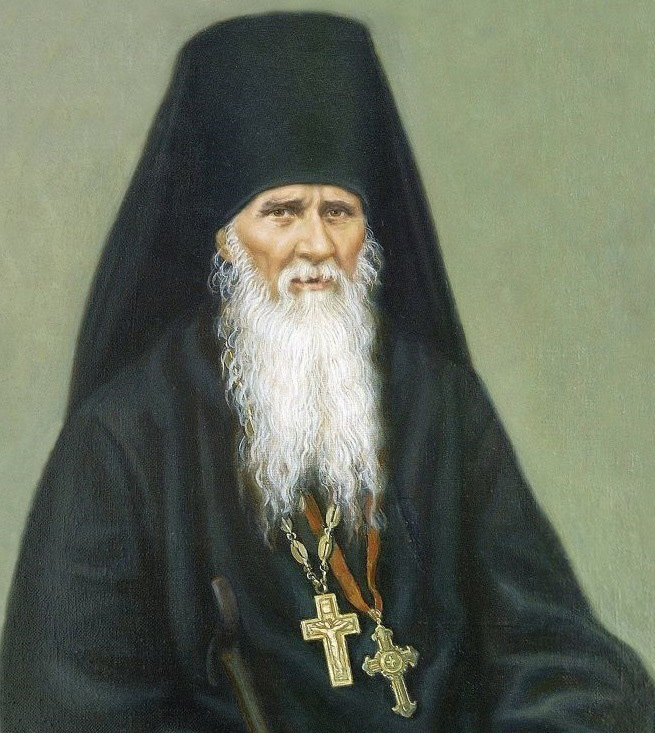 St. Ambrose of Optina (1812-1891) –
St. Ambrose of Optina (1812-1891) –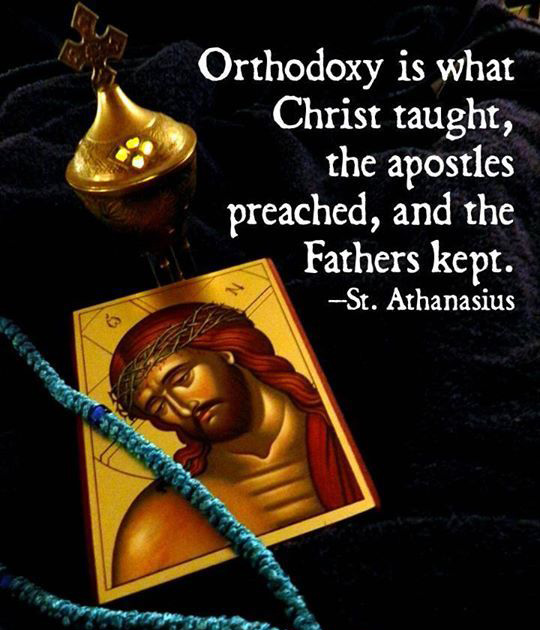 by Fr. Michael Wood (Hieromonk) –
by Fr. Michael Wood (Hieromonk) –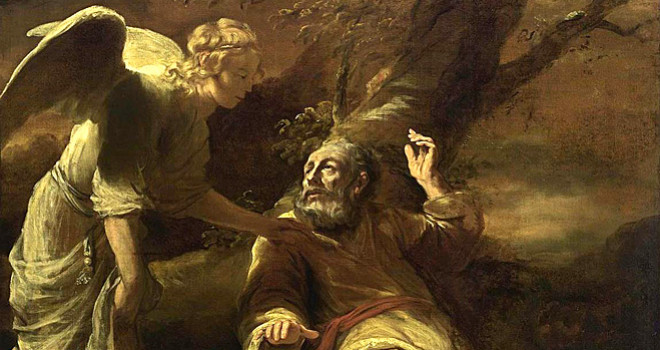 by Regis Nicoll –
by Regis Nicoll – by Archpriest Victor Potapov –
by Archpriest Victor Potapov –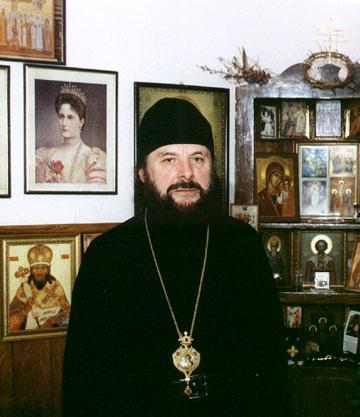 by Bishop Alexander (Mileant) –
by Bishop Alexander (Mileant) –